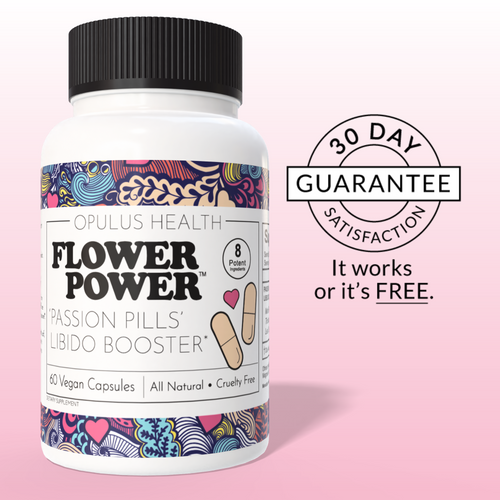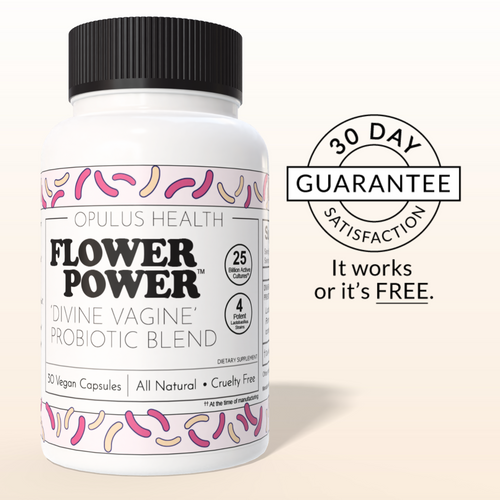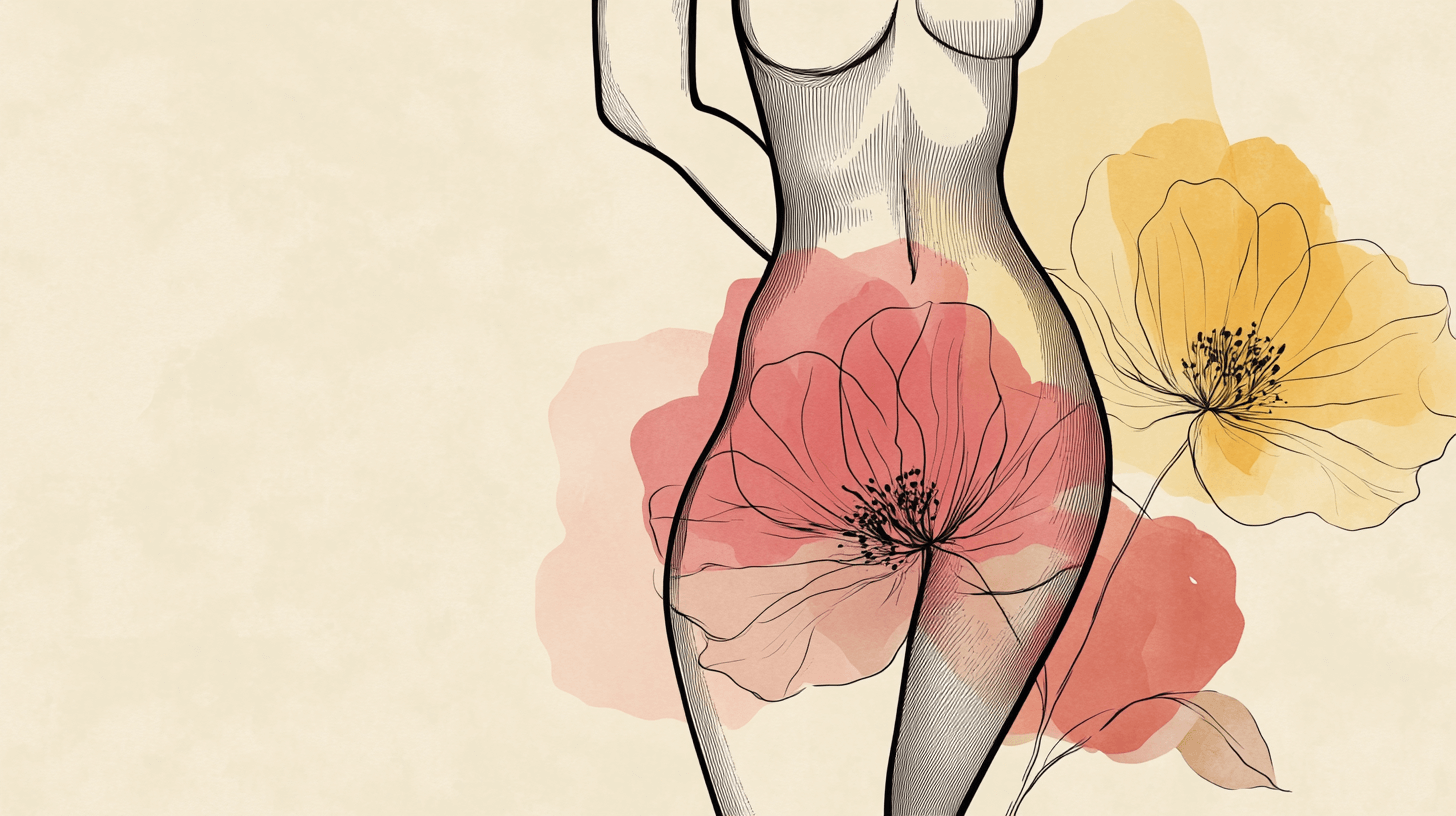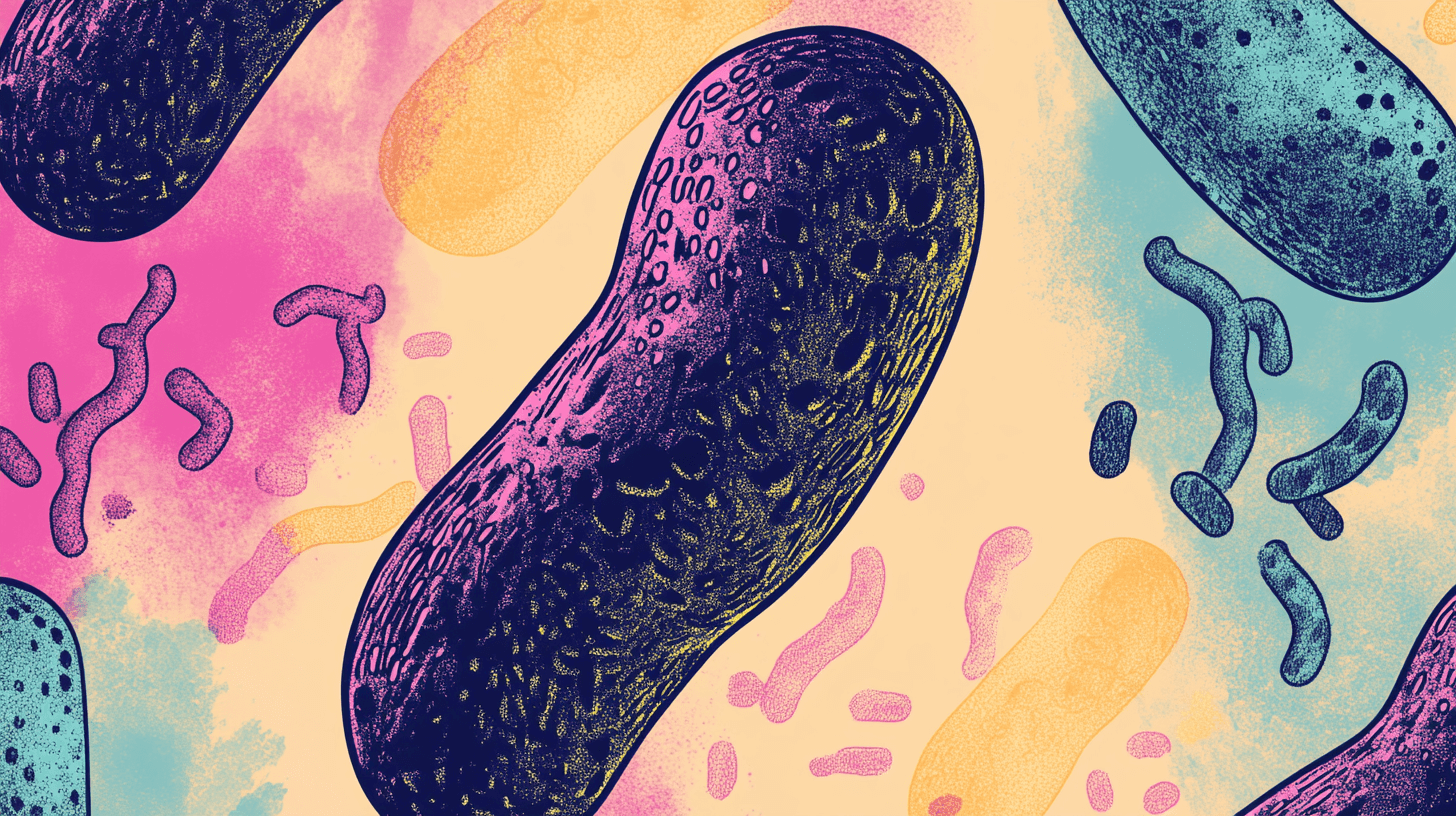Our lady parts have a mind of their own sometimes. Some days, you can eat what you want, enjoy all the sex your heart desires, and feel amazing. But then, seemingly out of nowhere, things change. Almost anything can trigger a vaginal issue—odor, yeast infections, BV (bacterial vaginosis)—and even when the infection clears up, you might still feel self-conscious, worried about it returning.
If you've been there, you know the feeling. Vaginal odor, yeast infections, and BV are challenges no woman wants to experience. That itching, burning, and discomfort can really knock your confidence. But the good news is that with the right approach, you can say goodbye to vaginal problems for good.
Ready to take control? Here's what you need to keep in mind:
1. The Big Secret: Your pH
The secret to avoiding vaginal infections? Monitor your pH like a hawk. Why? Because your pH indicates whether your vagina’s self-cleaning mechanism is working. If your pH is balanced, infections are far less likely to occur. It's a good idea to check your pH regularly for peace of mind.
If your pH isn't within the acidic range, don’t panic! You can take steps to reset it before any issues develop. Here are a few tips to maintain a balanced pH:
- Mind Your Meals: Eat yogurt with active cultures, cranberries, and probiotics to promote healthy bacteria.
- Avoid Over-washing: Over-cleaning can disrupt your pH. Stick to gentle, unscented soap for the external area only.
- Keep It Breathable: Wear cotton underwear and avoid tight-fitting pants to reduce moisture and maintain a healthy pH.
2. You Don’t Have to Deal with BV or Yeast Infections Again
Yeast infections and BV can be incredibly frustrating and embarrassing. But you can reduce your chances of getting them to almost zero by following these tips:
- Limit Antibiotics: Only take antibiotics when absolutely necessary. They disrupt your body's balance, including your vaginal flora.
- Stay Dry: Change out of wet clothes after a workout or swim—yeast loves damp environments!
- Understand How Intercourse Affects You: If intercourse alters your pH, consider using a boric acid suppository before or after sex.
Regularly taking a probiotic made for vaginal health can also help. These probiotics strengthen your Lactobacillus population, which helps keep bad bacteria at bay.
3. Say Goodbye to Vaginal Dryness
Vaginal dryness can make sex uncomfortable, but it's a reversible condition. Identifying the root cause with your healthcare provider is key, but here are some tips to help in the meantime:
- Lubricate: Use a water-based lubricant for more comfortable sex.
- Stay Hydrated: Drinking plenty of water can help your body produce more natural moisture.
- Review Your Meds: Some medications, like antihistamines or antidepressants, can cause dryness. Talk to your doctor if you suspect this might be the cause.
4. Maintaining Intimacy on “Off” Days
We all have “off” days when we feel something isn’t right down there, which can make us self-conscious. On those days, don't be too hard on yourself. Keep an open line of communication with your partner and healthcare provider. Your partner can offer the support you need.
- Don’t Be Afraid to Share: Communication is key! Let your partner know what's going on.
- Know Your Body: Keep a diary to track symptoms, diet, and activities. This can help you identify any patterns or triggers.
What NOT to Do—Ever Again
There’s no shortage of advice on the internet, but not all of it is safe or effective. Here's what to avoid:
- Douche: Douching disrupts the natural balance of bacteria and increases the risk of infections.
- Over-the-Counter Treatments Without Diagnosis: Always consult a doctor before treating yourself. Self-diagnosis can lead to complications.
- Fragranced Products: Avoid using fragranced soaps or products. They can irritate and damage your vaginal tissue.
When You Have a Male Partner…
Your male partner can impact your vaginal health. Semen can affect your pH balance, and men can carry bacteria that contribute to recurring infections. Here’s what to keep in mind:
- His Semen and Your pH: Semen is alkaline and can disrupt your pH after intercourse, leading to discomfort.
- Spread of Bacteria: Men can unknowingly carry bacteria that cause infections. If you're dealing with chronic infections, it might be worth having your partner tested and treated as well.
Routine Check-Ups—A Must for Every Woman
Routine gynecological exams can catch potential issues early, making treatment easier and more effective. Most experts recommend:
- Pap Smear: Every three years for women aged 21-65.
- Pelvic Exams: Annually, especially if you’re over 40 or have had previous issues.
Resources & Support
You’re not alone in your journey to optimal vaginal health! Here are some great resources:
- American College of Obstetricians and Gynecologists (ACOG): Provides guidelines on women’s health.
- National Vaginitis Association (NVA): Offers support groups and research.
- Health Forums: Women's Health, Everyday Health, and MedHelp for shared experiences.
In conclusion, while we’ve all had our share of “down there” struggles, you can prioritize your vaginal health. Stay informed, make wise choices, and seek support when needed. With these steps, you’ll be well on your way to optimal vaginal health!












